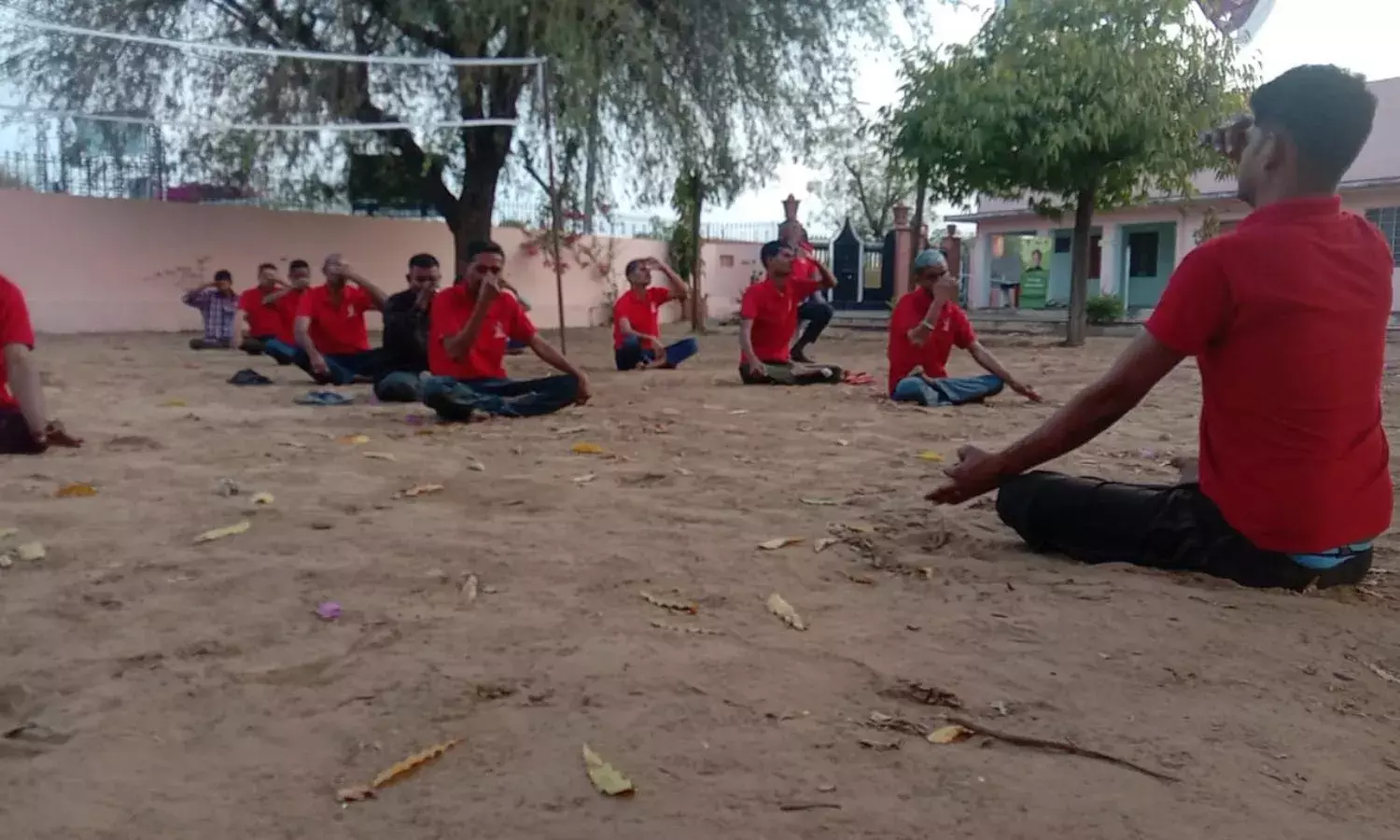One Hundred Beggars
India added one billionaire a week in 2020

It took nearly 60 years for the Delhi High Court to strike down provisions of the oppressive Bombay Prevention of Begging Act, 1959 as “unconstitutional” and to decriminalise begging in the national capital.
“The State simply cannot fail to do its duty to provide a decent life to its citizens and add insult to injury by arresting, detaining and, if necessary, imprisoning persons who beg in search for essentials of bare survival,” it said.
Last month the Supreme Court went a step further, issuing notice to the Union and some State governments to respond to a plea to abolish sections of the act, as well as similar laws in Punjab, Haryana and Bihar.
The act gives the police vast powers to arrest anyone found looking like a beggar, or artists performing on the roads, or footpath fortune tellers.
The Supreme Court plea filed by an advocate reportedly says that “criminalising the act of begging puts people in a situation to make an unreasonable choice between committing a crime or not committing one and starving”, in violation of Article 21 which requires the state to safeguard people’s life and liberty.
Some reform appears to be underway outside the courts as well.
An initiative called Bhor - the Bhikshuk Orientation and Rehabilitation program - was launched in Jaipur last January by the state government’s Rajasthan Skilling and Livelihood Development Corporation in partnership with three NGOs including the Prayas Juvenile Aid Centre Society.
Niraj K Pawan, principal secretary for labour, skilling and rehabilitation in the government of Rajasthan, told The Citizen that:
“We had selected 1,168 beggars from Jaipur, to be exact, out of which we have chosen 100 in the age group of 30-35 who are able-bodied so that they can be given training and skilling for their livelihood.”
Pawan said the chief minister Ashok Gehlot aims to make Jaipur “bhikhari mukt” or beggar free, and that Bhor, which means dawn, will eventually be launched in every city of Rajasthan.
Asked about the elderly and people with disabilities who have been left out, he said “We have taken due care of them. I want to inform you that we have chosen one healthy person from each family to be trained so that by the end of our program you will not find a single beggar in the state.”
“We have involved the services of some NGOS including Prayas to give it a practical shape so they can be provided sustainable livelihood,” Pawan said.
According to its website Prayas was co-founded in 1988 in collaboration with the Delhi Police.
Indu Rani Singh, its director of special projects, says the organisation began field research for Bhor jointly with the Rajasthan police in 2019, soon after the Congress government came to power under Gehlot.
Said Singh, “As you can imagine it’s not easy to bring these people under any discipline. They are used to have their smoke and drugs and that was a strict no no. As a result almost 50% of those whom we had brought ran away.”
The hundred who remain have been divided into five groups, each called the T-20 BHOR team, whose training will be completed in four months.
“Before skilling or training them there were a few essentials that had to be performed,” said Singh.
“They had to be bathed, cleaned and made physically fit for the training. After this they were given uniforms and we worked on their physical stamina by making them perform yoga and playing games like football etc.”
The “majority of them showed interest in cookery in the beginning. We are trying to tie up with NGOs which work on food so that they could be gainfully employed with them.”
Later however, many of the participants showed interest in other professions, and are being trained to work as bakers, security guards, electricians, plumbers.
They are trained in Kaushal Vardhan Kendras or skill augmentation centres run by three NGOs invited by the government.
Singh added that Prayas, which deals mostly with the rights of children and women, is seeking permission to start a training program for 120 women as well.
The 2011 Census counted nearly 4 lakh “beggars” in India, classifying them as “non-workers”. The figure does not include people without a permanent place of residence.
In India “relief of the disabled and unemployable” is a matter for state assemblies to legislate. According to a 2019 press release by the Union ministry of social justice and empowerment, some 20 states have anti-beggary laws in place.
The press release states that the ministry “released an amount of Rs.one crore during 2017-18 and fifty lakhs during 2018-19 to National Backward Classes Finance and Development Corporation (NBCFDC) for skill development programs for beggars on pilot basis.”
The Constitution directs the state to “minimise the inequalities in income, and endeavour to eliminate inequalities in status, facilities and opportunities” among Indians.
Last year during the pandemic and lockdown, the country added 55 new dollar billionaires according to the Hurun Global Rich List.
According to Forbes the hundred richest Indians control 518 billion US dollars or one-fifth of the country’s GDP.



